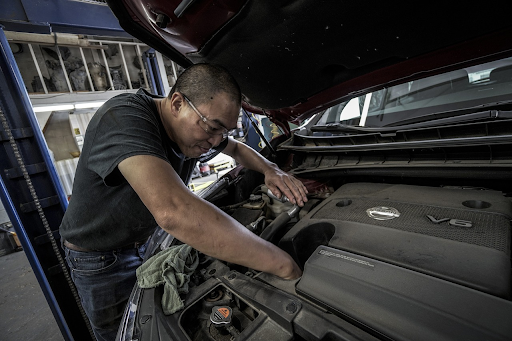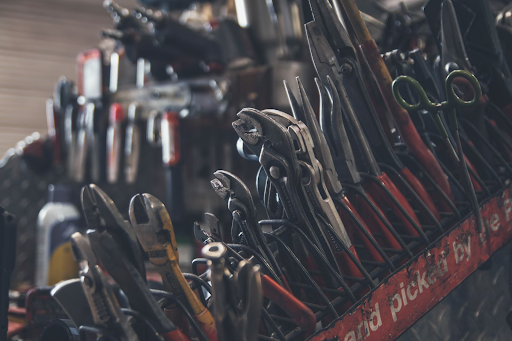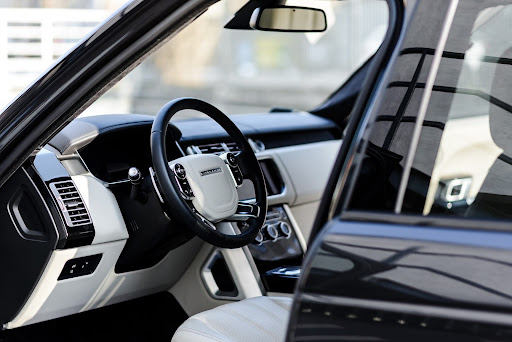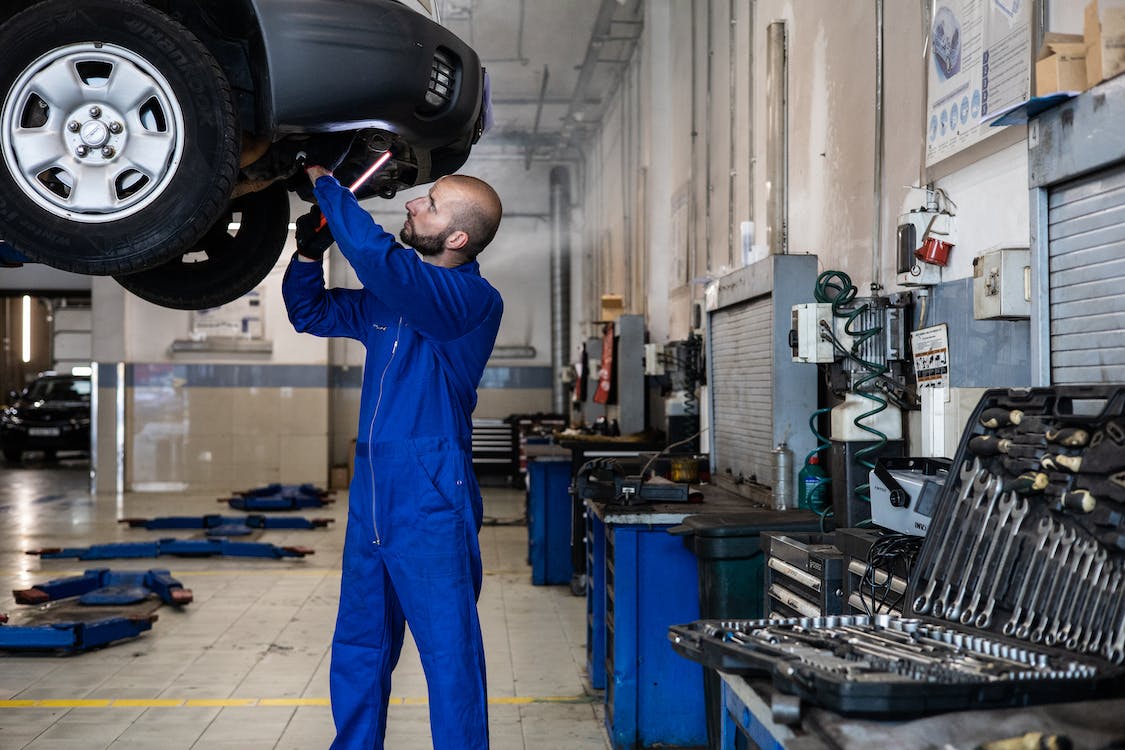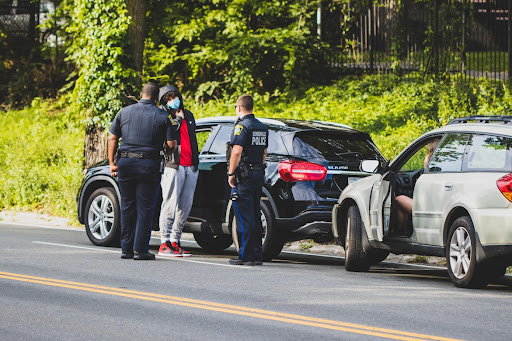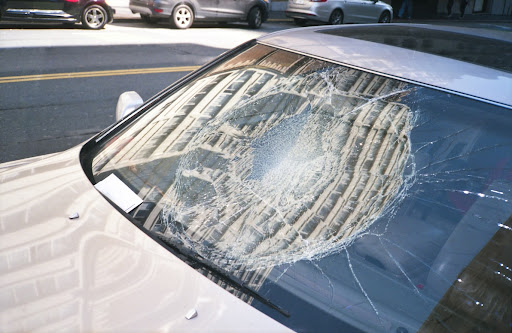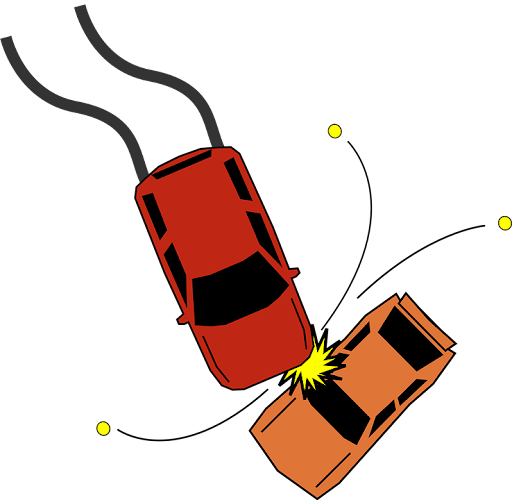What Are the Challenges of Maintaining a Vintage Car?
Having a classic vehicle as a possession can be a source of pride and enjoyment. These vintage marvels are easily distinguished from today’s automobiles and take us back to the heyday of car design. However, keeping an old vehicle running has its challenges. This article explores the difficulties vintage car owners face and offers practical advice on how to overcome these challenges.
1. Sourcing Spare Parts
Finding replacement components is a major issue for those who own classic cars. Locating replacement components for older vehicles can be challenging because many manufacturers have discontinued making them. The good news is that there are ways to deal with this problem:
- Join car clubs and online forums: Talking to other people who share your interest in classic cars can help you find the components you need.
- Contact specialty stores: They might sell those hard-to-find parts they specialize in.
- Use industrial tools: It might be necessary to fabricate a part using industrial tools if it’s no longer available on the market. However, this requires expertise and access to the right equipment.
2. Keeping Up With Maintenance
Vintage automobiles, being older models, require more frequent servicing than newer vehicles. To keep your classic vehicle in tip-top shape, you need to be familiar with its specific requirements and dedicated to following the recommended maintenance schedule.
- Stay organized: Create a maintenance journal to track all your inspections, fixes, and service visits. This will help you maintain a positive mindset and deal with issues before they escalate.
- Find a trusted mechanic: Finding a mechanic who specializes in vintage vehicles is crucial because they will have the expertise to take care of your vehicle the right way.
- Learn basic maintenance skills: You can save money on repairs and keep your vehicle in good condition if you take the time to learn some basic maintenance skills, such as how to change the oil, check the fluid levels, and examine the belts and hoses.
3. Dealing With Rust and Corrosion
Due to their age and the materials they were built with classic vehicles are more likely to rust and corrode. Rust and corrosion must be preemptively addressed if the vehicle is to retain its worth and safety.
- Inspect regularly: Make it a habit to routinely check your vehicle’s undercarriage, tire wells, and door sills for rust.
- Clean and protect: Wash your vehicle often to get rid of dirt and debris that can cause rust, and then wax it with a good product to preserve the paint and body.
- Address issues promptly: Remove any rust you find and treat the region with rust-preventative products as soon as possible. If the harm seems extensive, it’s best to have an expert take a look.
4. Upholding Authenticity
Both the owner’s sense of accomplishment and the vehicle’s resale worth depend on how well it has been kept in its original condition. It can be difficult to realize this objective while simultaneously guaranteeing the vehicle’s safety and dependability.
- Research your car’s history: Do some digging into the car’s past so you can make educated choices about maintenance, upgrades, and replacement parts.
- Prioritize original parts: Use original components whenever feasible, or at least use high-quality replicas that are very close to the real thing.
- Consult with experts: If you’re not sure whether a proposed repair or change will affect the vintage vehicle’s authenticity, it’s a good idea to get the opinion of someone who is.
5. Insurance and Legal Requirements
There are often different insurance and legal needs for vintage cars. It can be tricky to figure out what you need to do to be in compliance with local regulations and safeguard your vehicle.
- Research insurance options: Find an insurer that deals in classic cars, as they will be familiar with the unique requirements and risks of insuring such a vehicle. Make sure the policy pays out the full purchase price rather than just the cash value of your vehicle.
- Understand legal requirements: Get yourself acquainted with the relevant laws and rules in your area, such as those pertaining to the registration, safety inspection, and emissions testing of vintage automobiles. There may be special rules or exemptions for classic cars in some regions.
- Keep documentation up-to-date: Maintain accurate documents of all services, repairs, and alterations made to your vehicle. Not only will this help you maintain order, but it will also come in handy if you ever decide to sell or insure your car.
6. Storage and Preservation
If you want to keep your classic vehicle in good condition for as long as possible, proper storage is a must. Finding an appropriate storage option can be difficult, but the investment will be worthwhile in the long run.
- Indoor storage: Avoid exposing your classic car to extreme temperatures, high humidity, or direct sunlight by storing it inside whenever feasible.
- Use a car cover: Invest in a high-quality car cover made for your particular make and model of vehicle. When not in use, this will prevent damage to your vehicle from things like dirt and scratches.
- Keep it clean: Avoid costly repairs due to dirt and debris by keeping your vehicle clean on a regular basis. Also, get rid of any dampness inside to stop the spread of mold and fungus.
Final Thoughts
Owning and driving a classic car has many benefits, but maintaining one isn’t always simple. You can overcome the challenges of maintaining a vintage car and enjoy your beautiful piece of automotive history for years to come if you are proactive about sourcing spare parts, staying on top of maintenance, addressing rust and corrosion, maintaining authenticity, navigating insurance and legal requirements, and investing in proper storage.




